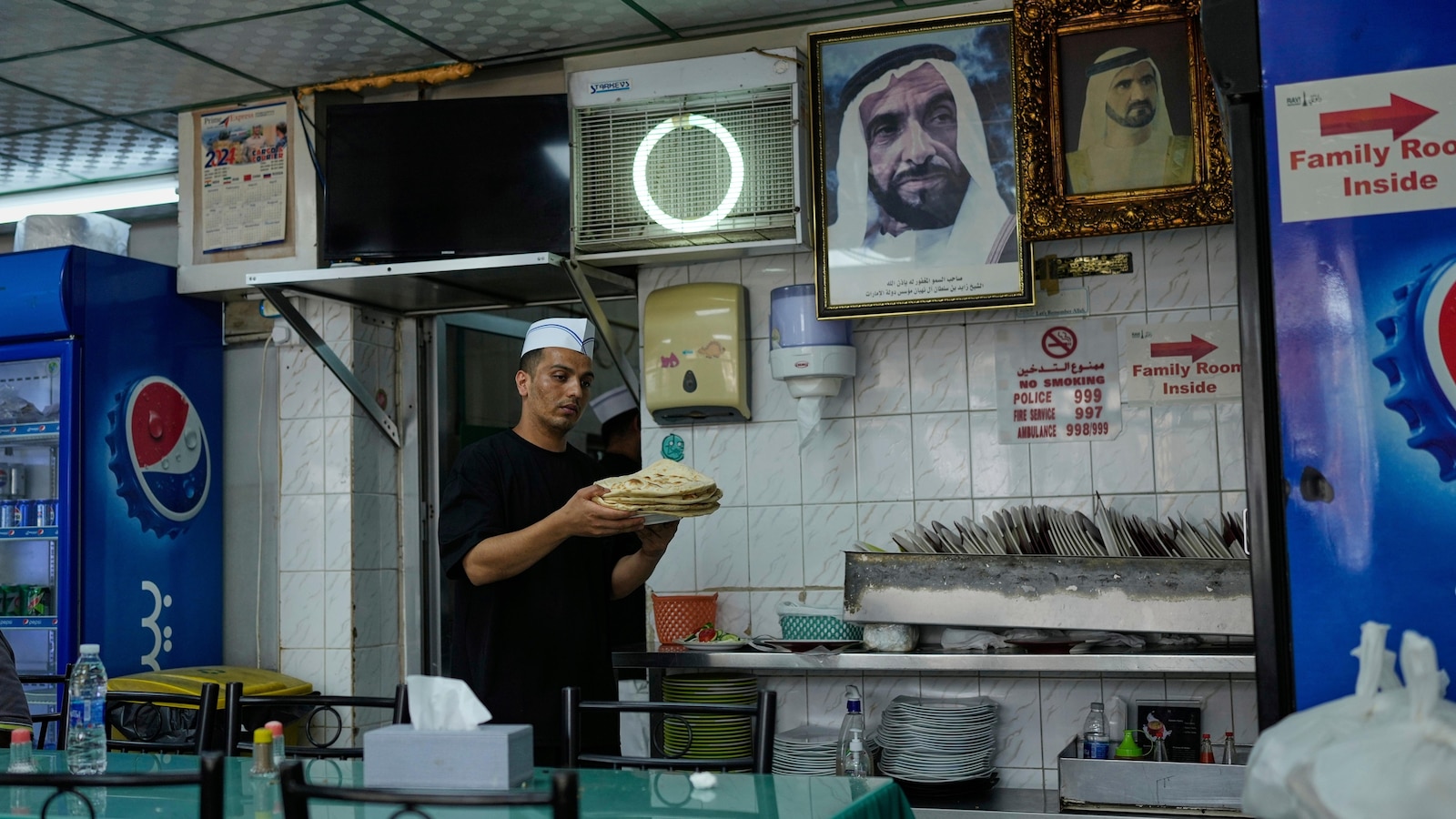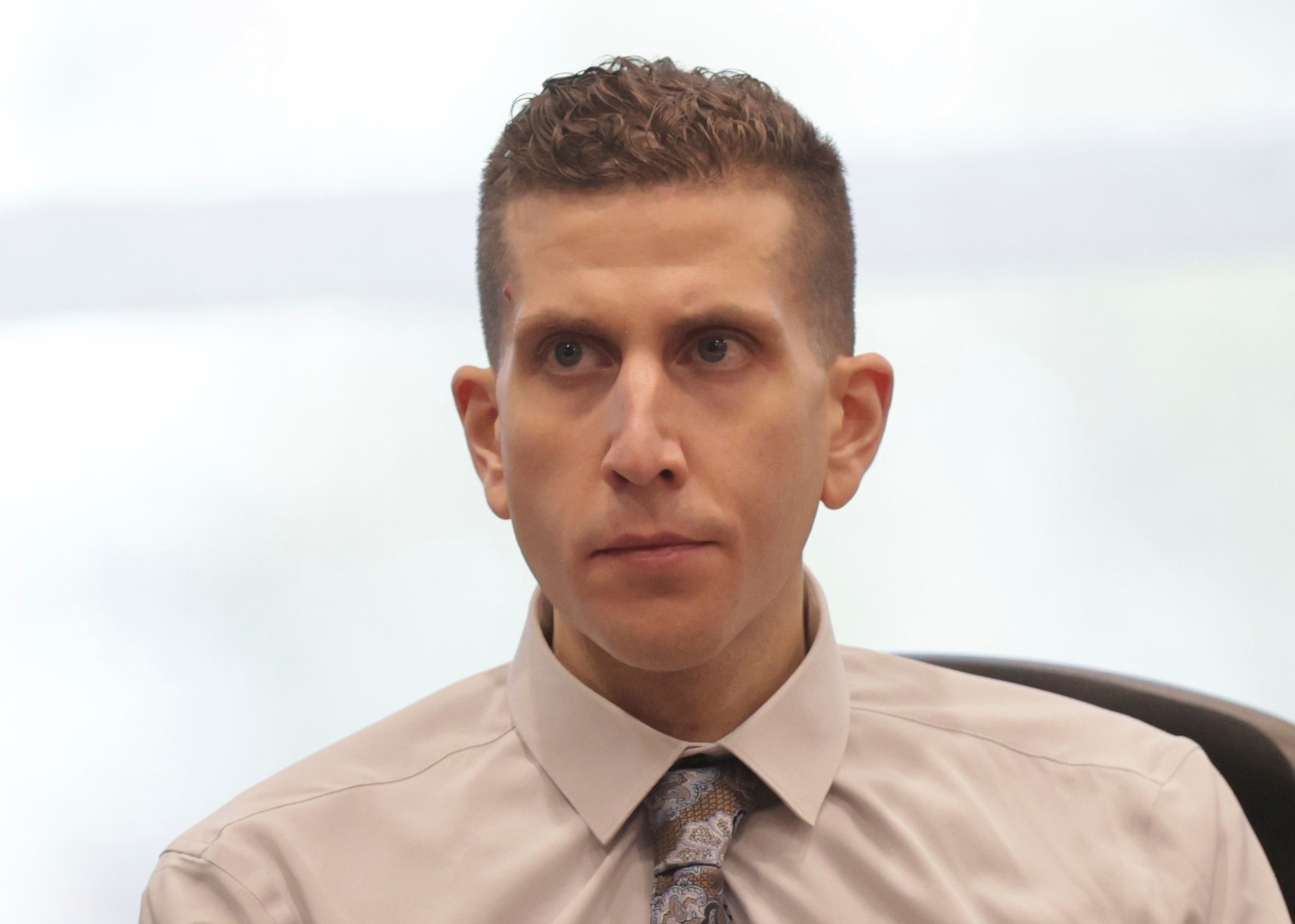TALLINN, Estonia — Belarus’ authoritarian President Alexander Lukashenko announced pardons for 16 more prisoners on Wednesday, a gesture that comes as the unrelenting crackdown on dissent continues.
The newly pardoned prisoners were convicted on a variety of criminal charges, including extremism — a charge often used against dissidents and government critics in Belarus. Human rights advocates welcomed the release of the prisoners, but stressed that it is taking place as more people are being arrested in politically driven cases.
Last month, the Belarusian government pardoned and released 14 prisoners, but at least 60 more people were arrested on politically motivated charges, said Pavel Sapelka, a rights advocate with the Viasna human rights center, the country’s oldest and most prominent rights group. Sapelka, in conversation with The Associated Press, compared the situation in Belarus to “revolving doors, where new political prisoners take the place of those released.”
Mass arrests and convictions of government critics in Belarus have continued since 2020, when Lukashenko was handed a sixth term in office in an election that the opposition and the West denounced as rigged.
Tens of thousands of people took to the streets in protest, in the biggest demonstrations that the country had ever seen. Authorities unleashed a violent crackdown, detaining and beating thousands and driving many more into exile abroad. The suppression of dissent drew international condemnation, and the U.S. and the European Union imposed sanctions on Belarus.
As of Wednesday, Viasna has designated 1,164 people behind bars as political prisoners. The number includes 38 journalists and the group’s founder, Ales Bialiatski, who won the Nobel Peace Prize in 2022. At least eight political prisoners have died behind bars.
Lukashenko, who in January secured another term in office in another election the opposition denounced as a sham, has recently been pardoning some political prisoners, seeking to improve ties with the West. In total, he has pardoned and freed more than 300 prisoners since July 2024, including some U.S. citizens and other foreigners.
Last month, Belarusian authorities released prominent opposition figure Siarhei Tsikhanouski and 13 others and brought them to Lithuania. Their release came just hours after Belarusian authorities announced that Lukashenko met with U.S. President Donald Trump’s envoy for Ukraine, Keith Kellogg, in the Belarusian capital, Minsk.
Commenting on the high-profile release on Tuesday evening, Lukashenko said “God forbid” those freed last month died behind bars. “We would have been blamed for doing it to them,” he said. “So it’s politics.”
Sapelka told AP on Wednesday that there likely aren’t any prominent dissidents among the 16 newly released prisoners.




Leave a Comment